Studies and courses
2025 Online Training / University of Murcia (Spain) – ICOM CECA
University Microcredential in Research Reports Applied to Museum Education in Latin America and the Caribbean
In this program, students will learn how to apply research projects and develop a report or a final article.
- Academic Period
From May 15, 2025, to October 15, 2025. - Pre-registration
Registration deadline april 15, 2025. - Enrollment Period
From april 28 to may 4, 2025.
►►More Information
https://casiopea.um.es/cursospe/informesinvestigacioni.f
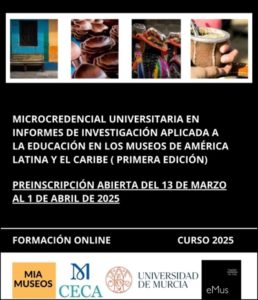
Social sustainability, natural sustainability: the urgency of education
Abidjan, Ivory Coast, November 23/28, 2024
In collaboration with ICOM NATHIST, ICOM France, Musée des civilisations de Côte d’Ivoire,
With the support of ICOM African Regional Alliance, ICOM National Committees Burkina Faso, Côte d’Ivoire, Benin, Mali, ICOM National Committees Greece, Spain, Argentina, UNESCO Regional Office for Southern Africa, Musée de l’Eau du Burkina Faso.
One of the traditional ways of including visitors in the life of museums is to offer educational and cultural programs to a variety of audiences, both usual and remote, that are likely to attract them and put the museum’s wealth at the service of society’s needs.
For more than ten years, ICOM CECA has been using and improving a tool designed to support the professional designers of these programs, deepening their reflection on the many scientific, social, material and financial aspects involved in implementing this offer.
The proposed workshop in French-speaking West Africa will aim to develop the educational skills of museum professionals around program implementation, and will do so with two more specific intentions: to deal with material and natural heritage, and to work more particularly towards communities in an inclusive approach.
The presence of CECA representatives in the region during the workshop should help disseminate skills, leading to greater participation by African professionals in the annual international “Best Practice Award” competition, which gathers numerous proposals each year and rewards and publishes the best programs.
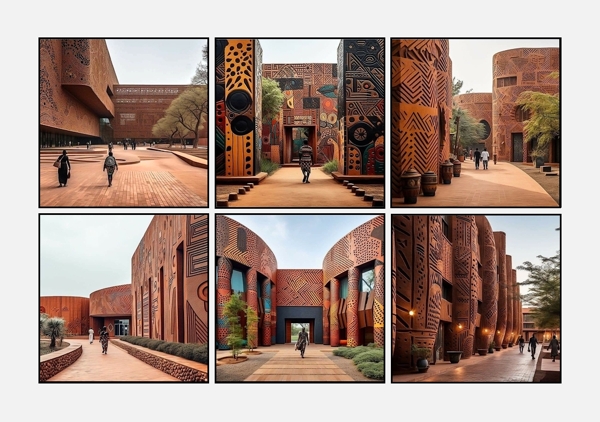
University of Murcia, Spain: “Formacion onligne, curso 2024”.
University micro-credential in investment projects applied to education in museums in Latin America and the Caribbean (First Edition)
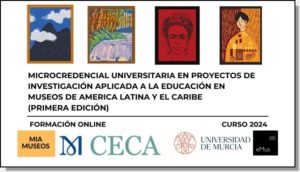
Belgium : The project “Virtual museum mediation: a necessary adaptation of methods
Pilot project for the creation of tutorials (video and pdf) to help mediators to set up and promote a virtual visit in an optimal way and adapted to different target audiences.
The project entitled Virtual museummediation: anecessary adaptation of methods consists in providing museum operators and cultural mediators (guides) with video tutorials and a mediation guide to help them in the creation and promotion of interactive online visits.
This project is conducted in the framework of the ICOMSolidarity Project 2021.
The partners responsible for the coordination of the project are : ICOM Belgium, ICOM CECA, Musées et Société en Wallonie, Brussels Museums, FARO.
The six museums that participated in the pilot phase are: FeliXart Museum (Drogenbos), Musée de Folklore et des Imaginaires (Tournai), Musée royal de Mariemont, Musée d’Ixelles, Musée de la Photographie (Charleroi), Maison de l’histoire européenne.
With the support of ICOM and the Wallonia-Brussels Federation

Bejing : ICOM ITC International Training Center, Triennal session on Education, Expert Arja Van Veldhuisen, CECA board member.
From 5-14-November 31 young museum professionals gathered in Yixing Museum (Yixing is a city in Jiangsu, China) for the November 2019 Training workshop of the ICOM ITC. 31 participants among which 16 chinese and 15 from developping countries. Arja says : “It was a great honour to represent CECA in Yixing. I tried to promote CECA as good as I could and I am pretty sure they got that message, including the invitation for Leuven 2020.”
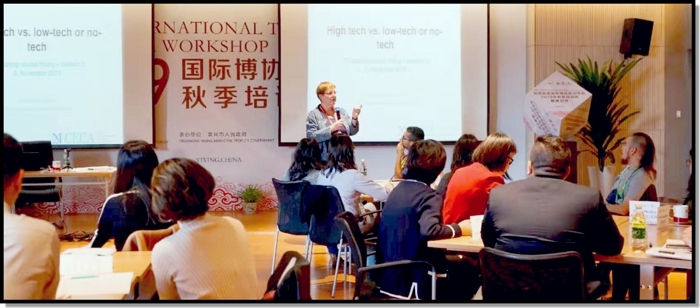
Seoul Museum of Craft Art.
Roundtable on « Exhibiting for visitors with visual impairment », November 12. Expert : Marie-Clarté O’Neill, President. 50 Korean participants
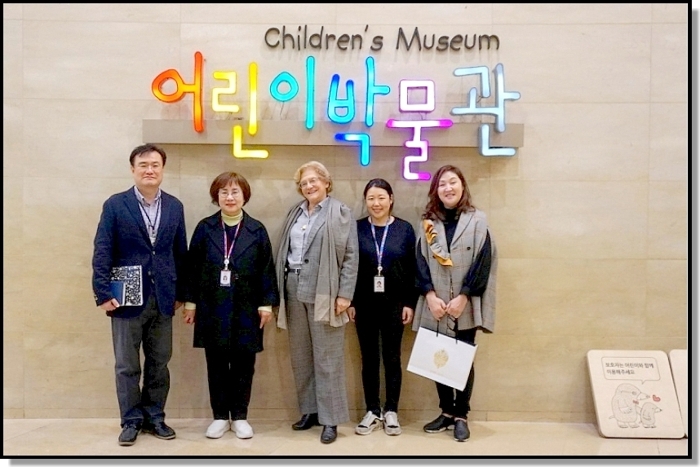
Budapest : MuseumDigit2019 Conference, a museum conference on digital trends and innovation held at the Hungarian National Museum, Budapest, Hungary November 26/27 Expert : Marie-Clarté O’Neill, President.
MuseumDigit is a two-day event being curated by the National Centre of Museum Methodology and Information, with an audience of about 300 museum experts and curators, as well as digital creatives, storytellers, IT innovators and university students. Their goal is to bring together bright minds to give talks that are idea-focused, and on a wide range of subjects related to digitisation and digital cultural heritage, to foster learning, inspiration and innovation – and provoke conversations that matter.
Every year they welcome a president from one of the ICOM international committees.